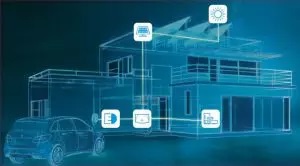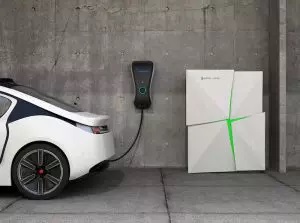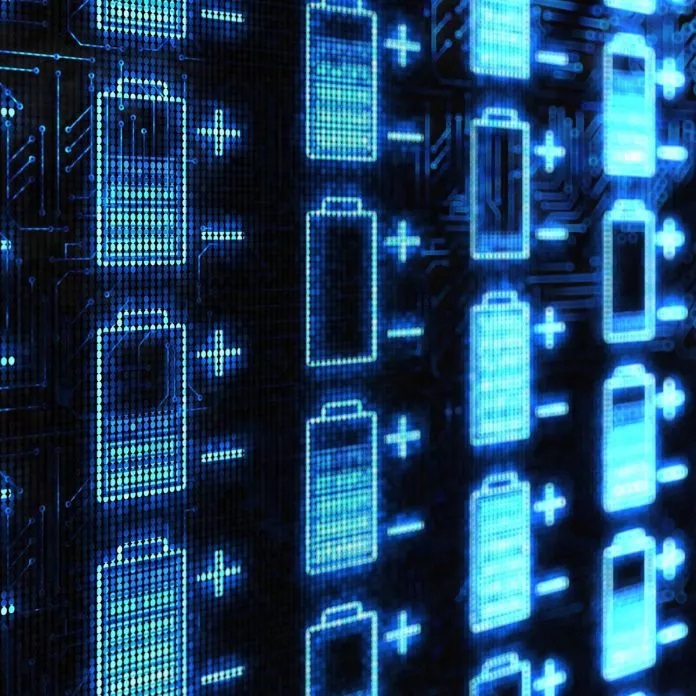European countries are rapidly moving to distributed energy, which replaced the traditional centralized. Such a transition can significantly save money directly to the consumer, while reducing the profits of the usual energy suppliers.
 In the UK, a new start-up called OVO Energy is gaining momentum. Its creator, Stephen Fitzpatrick, predicts a fairly bright future for the energy sector. Mr. Fitzpatrick noted that in the future the consumer will have the opportunity to buy electricity to power his home at a time when the demand for it will be low and the cost, respectively, too. During peak loads on the grid, the average consumer will be able to sell electricity at a high tariff and get an income.
In the UK, a new start-up called OVO Energy is gaining momentum. Its creator, Stephen Fitzpatrick, predicts a fairly bright future for the energy sector. Mr. Fitzpatrick noted that in the future the consumer will have the opportunity to buy electricity to power his home at a time when the demand for it will be low and the cost, respectively, too. During peak loads on the grid, the average consumer will be able to sell electricity at a high tariff and get an income.
Also in the presentation of a bright future, the developer of the startup notes the ability of electric cars not only to be quickly charged, but also to save energy as a battery. Smart software will allow you to regulate all processes and adapt to customer requests and weather whims.
Three years ago, Tesla Company under the leadership of Ilon Mask presented to the general public a lithium-ion energy storage device called Tesla Powerwall. It was designed specifically to accumulate the energy of the sun. Then the invention of the Mask made a splash, but now Stephen Fitzpatrick is sure that his startup will be able to easily master such a task.
The company of the Irish developer has created a new energy carrier Home Energy Storage, which is designed to save the energy of a certain house. Stephen Fitzpatrick believes that the transition from a centralized power supply to a distributed power generation creates the need to have a similar battery for each house.
The difference between the start-up of Stephen Fitzpatrick and the invention of Tesla is that OVO Energy assumes the accumulation of energy even if the household is not equipped with solar panels. The accumulator accumulates electricity from the common network in the daytime, when the demand for it is low (and the cost too). The stored energy can be used in the evening, when its cost rises at times. In addition, surplus can be sold to the general network, but at an “evening” price.
It is beneficial to buy and sell electricity allows special software called VCharge. The software analyzes the local network regarding the availability of offers at a particular time, analyzes the demand and cost of energy. In addition, the smart system VCharge is able to predict the demand for electricity, based on data on weather conditions. The program independently decides on the time of purchase of electricity and its further use.
Stephen Fitzpatrick notes that in two decades the energy market will have a greater dependence on literate software than on electricity.
 In addition to the home energy carrier, OVO Energy, together with Nissan, developed a bi-directional power plant to charge electric cars. The company’s management reports that there are no similar devices in the world.
In addition to the home energy carrier, OVO Energy, together with Nissan, developed a bi-directional power plant to charge electric cars. The company’s management reports that there are no similar devices in the world.
The new technology will allow owners of Nissan Leaf, in addition to charging their electric cars, also sell electricity during the peak load on the network. According to preliminary calculations, this technology will allow motorists to save about $ 354 per year.


